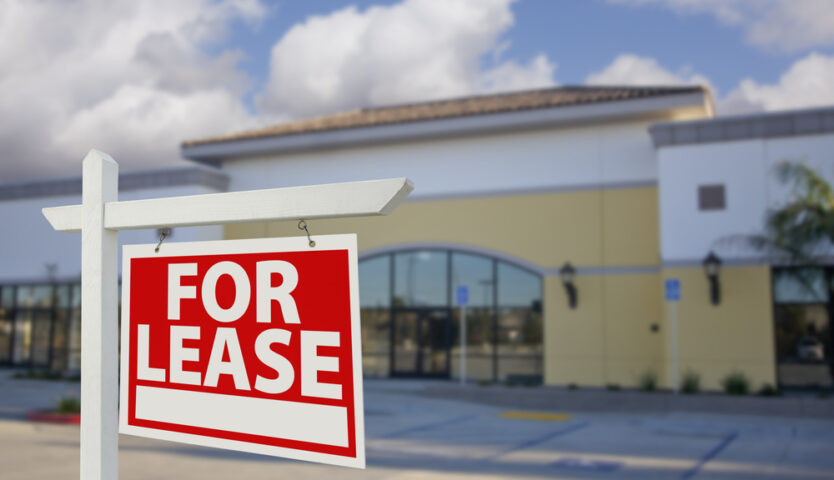

If you are starting or running a business in Alberta , one of the most important decisions you will make is choosing the right commercial space.
Whether you are opening a retail store, an office, or a restaurant, it’s essential to understand the ins and outs of commercial leasing.
Here is what you need to know about commercial lease agreements in Alberta:
A commercial lease agreement is a legally binding document that outlines the terms and conditions of the rental agreement between the tenant and the landlord.
Here are some essential things to look for in your lease agreement:
There are several types of commercial leases , and each type has its advantages and disadvantages.
Here are the three most common types of commercial leases:
When it comes to a gross lease, the tenant pays a flat monthly rent that includes all expenses, such as utilities, property taxes, and maintenance.
For net leases, the tenant pays a base rent plus additional expenses, such as property taxes, insurance, and maintenance.
With a percentage lease, the tenant pays a base rent plus a percentage of the business’s gross sales. This type of lease is common in retail spaces.

Renting a place for your home is not the same as renting a place for your business . There are some big differences between the two.
When you rent a place to live in, it’s different from when you rent a place to work in.
Here are the main things you should know when you compare a residential lease to a commercial lease:
Residential leases are usually short-term, typically lasting for one year or less.
Commercial leases, on the other hand, are often long-term and can span several years depending on the business needs.
Residential leases usually have fixed rent for the length of the lease. Commercial leases often have rent increases built in, which can be based on various factors such as inflation, market demand, or the cost of living.
These increases can occur annually or at other predetermined intervals.
In residential leases, the landlord is typically responsible for all maintenance and repairs, including fixing appliances, repairing damage caused by natural wear and tear, and handling major repairs like plumbing or electrical issues.
However, in commercial leases, the tenant is often responsible for most maintenance and repairs.
This includes things like cleaning the premises, repairing damage caused by employees or customers, and keeping the property up to code.
Some commercial leases may also require the tenant to cover major repairs and replacements.
Before signing a lease agreement for your business, there are several important things to keep in mind, such as:
Choosing the right commercial space is crucial to the success of your business, and understanding commercial leases is an important part of the process.
Before signing a lease agreement, it’s essential to understand the terms and conditions of the agreement, including the lease term, rent, security deposit, maintenance and repairs, subleasing, and termination.
Knowing the differences between a residential and a commercial lease and the types of commercial leases available can also help you make informed decisions.
If you’re looking for legal assistance with your commercial lease agreement, contact Heritage Law.
Our experienced lawyers can review your lease agreement, help you negotiate better terms, and ensure that your rights are protected.
With our help, you can find the right commercial space for your business and sign a lease agreement that meets your needs.